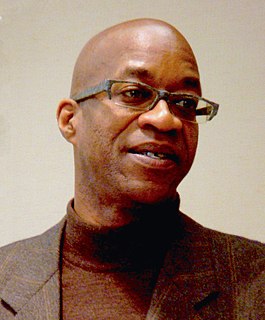A Quote by Helmut Jahn
A good engineer thinks in reverse and asks himself about the stylistic consequences of the components and systems he proposes.
Related Quotes
In most ecological systems you have a composite, biotic components as well as abiotic components acting together to form a whole, whereas in a human built environment most of the components are abiotic or they are inorganic. One of the first things we need to do is to complement the inorganic components with more organic components, and to make them interact to form a whole.
The nobler sort of man emphasizes the good qualities in others, and does not accentuate the bad. The inferior does the reverse. . . . The nobler sort of man pays special attention to nine points. He is anxious to see clearly, to hear distinctly, to be kindly in his looks, respectful in his demeanor, conscientious in his speech, earnest in his affairs. When in doubt, he is careful to inquire; when in anger, he thinks of the consequences; when offered an opportunity for gain, he thinks only of his duty.
The humanitarian wishes to be a prime mover in the lives of others. He cannot admit either the divine or the natural order, by which men have the power to help themselves. The humanitarian puts himself in the place of God.
But he is confronted by two awkward facts; first, that the competent do not need his assistance; and second, that the majority of people positively do not want to be "done good" by the humanitarian. Of course, what the humanitarian actually proposes is that he shall do what he thinks is good for everybody. It is at this point that the humanitarian sets up the guillotine.
If anyone proposes to believe, i.e., imagines himself to believe, because many good and upright people living here on the hill have believed, i.e., have said that they believedthen he is a fool, and it is essentially indifferent whether he believes on account of his own and perhaps a widely held opinion about what good and upright people believe, or believes a Münchhausen.
Orchids manufacture their intricate devices from the common components of ordinary flowers, parts usually fitted for very different functions. If God had designed a beautiful machine to reflect his wisdom and power, surely he would not have used a collection of parts generally fashioned for other purposes. Orchids were not made by an ideal engineer; they are jury-rigged from a limited set of available components. Thus, they must have evolved from ordinary flowers.






































